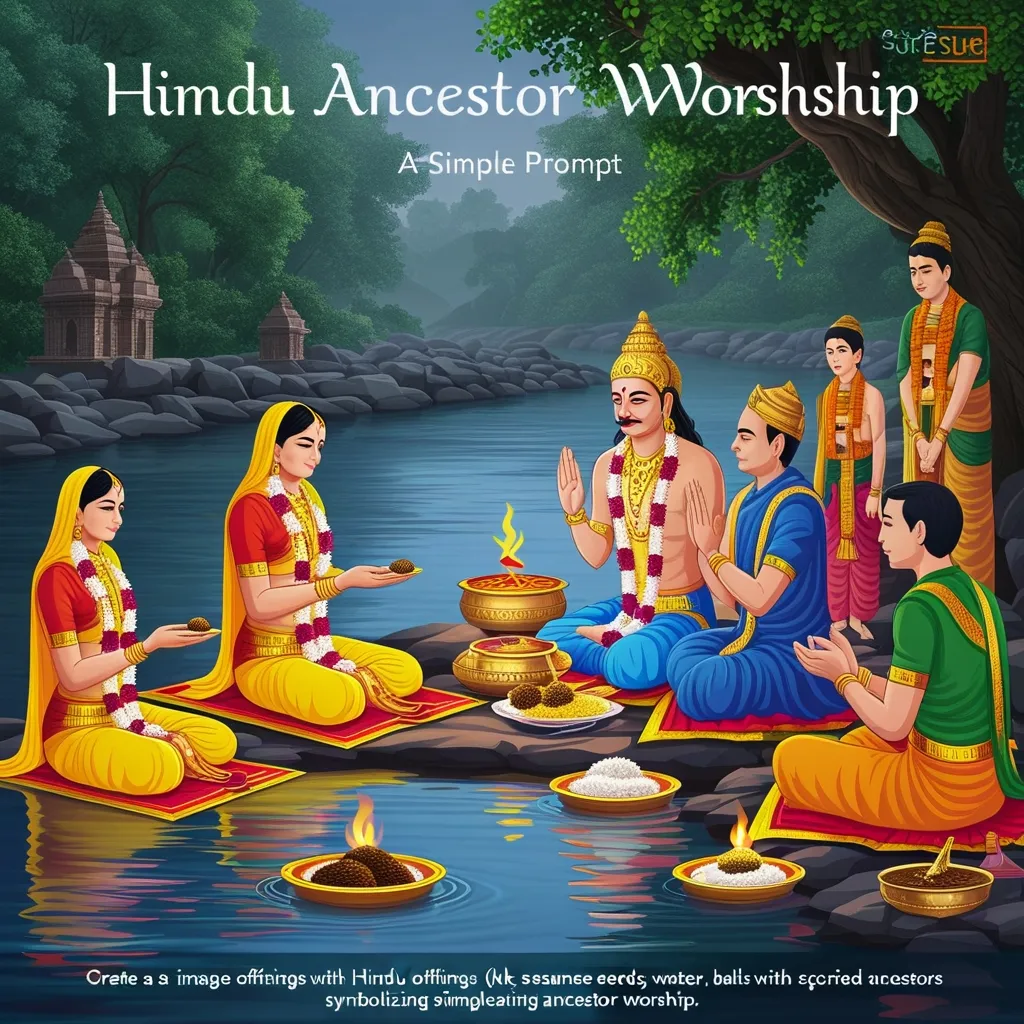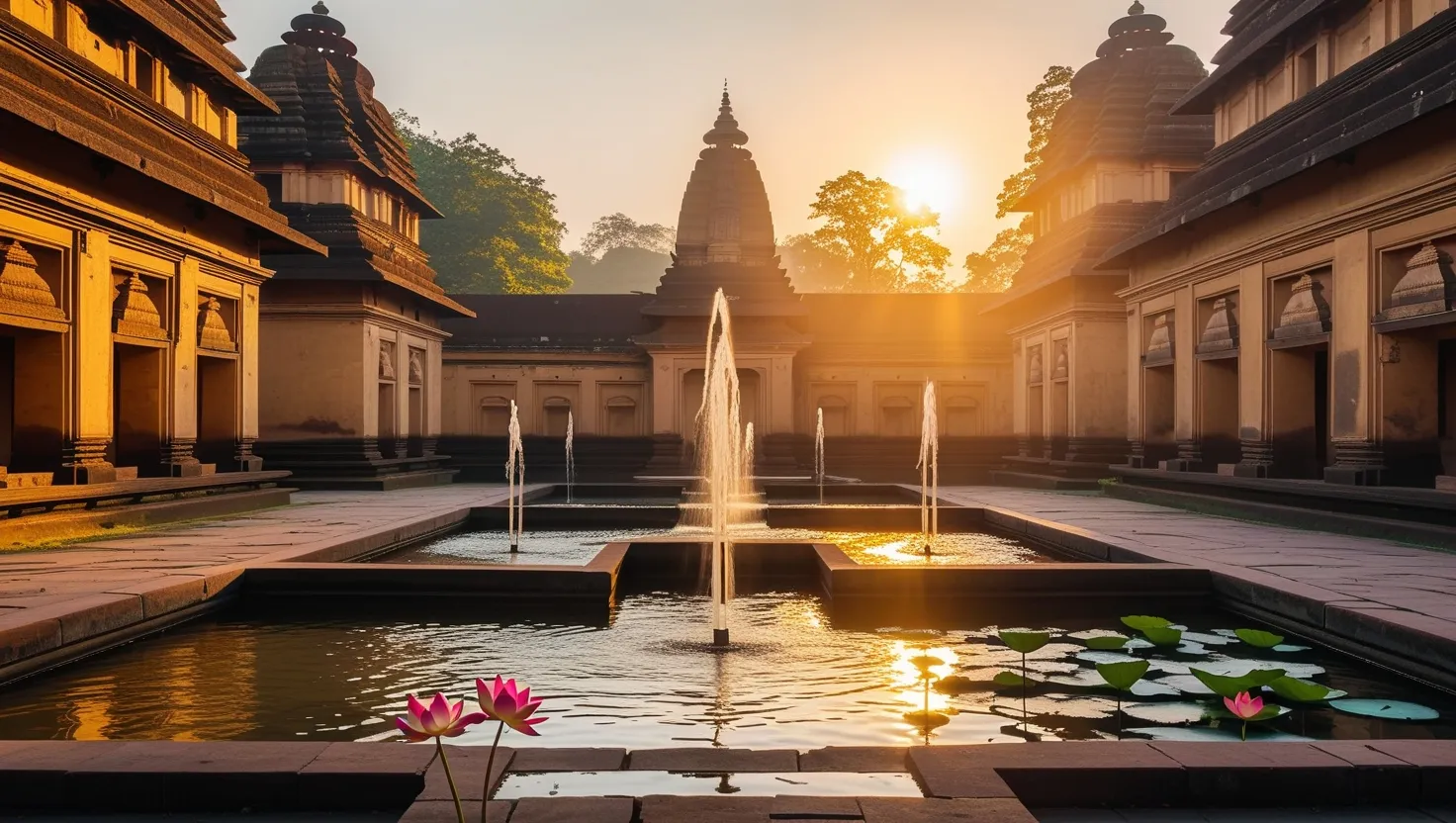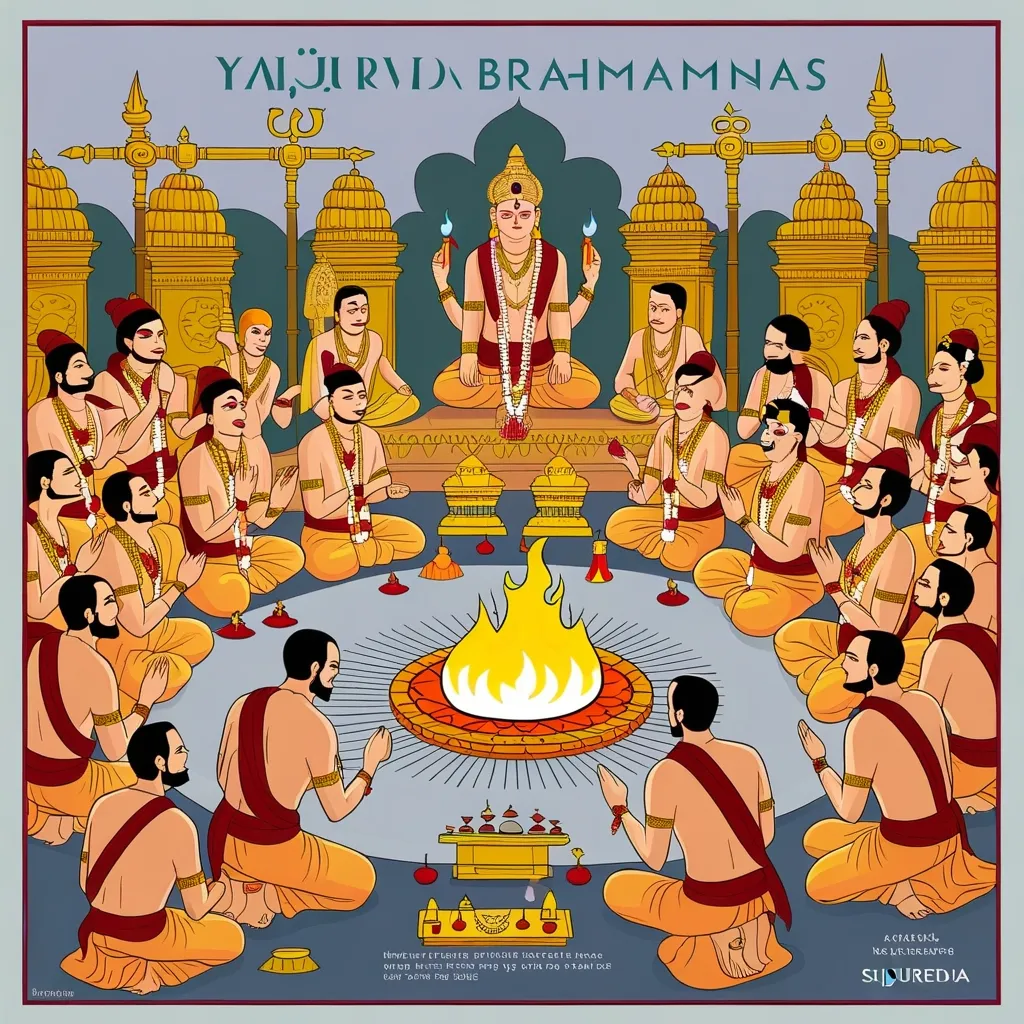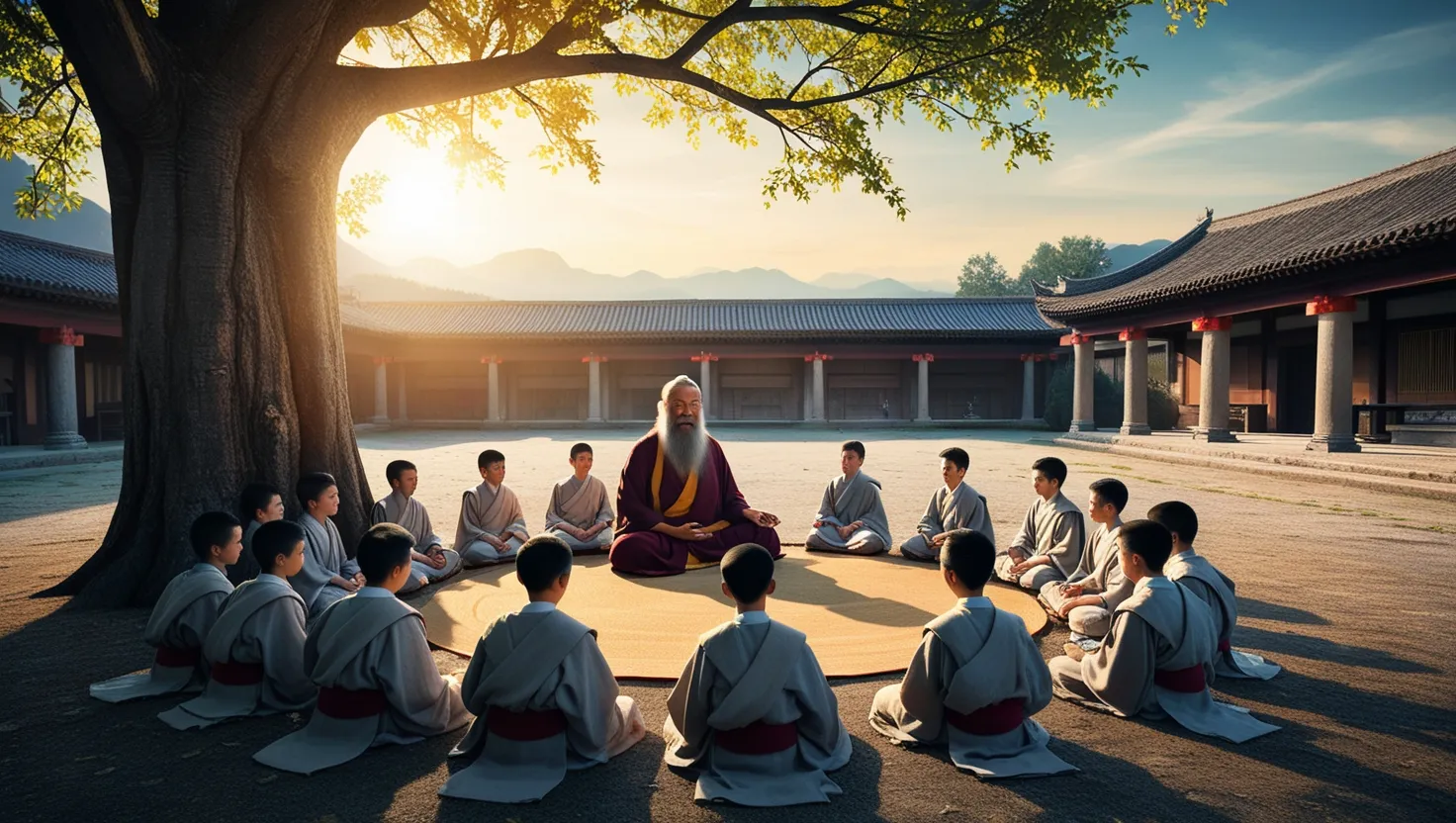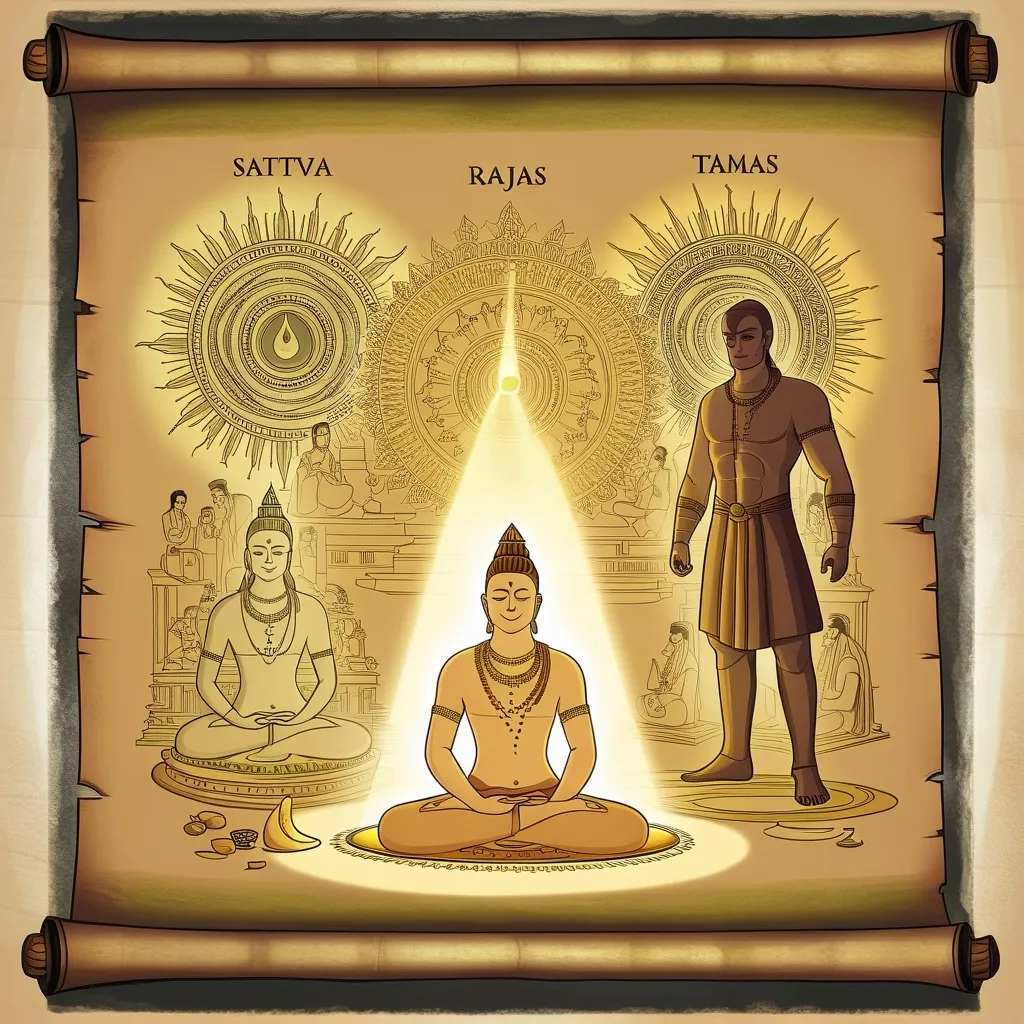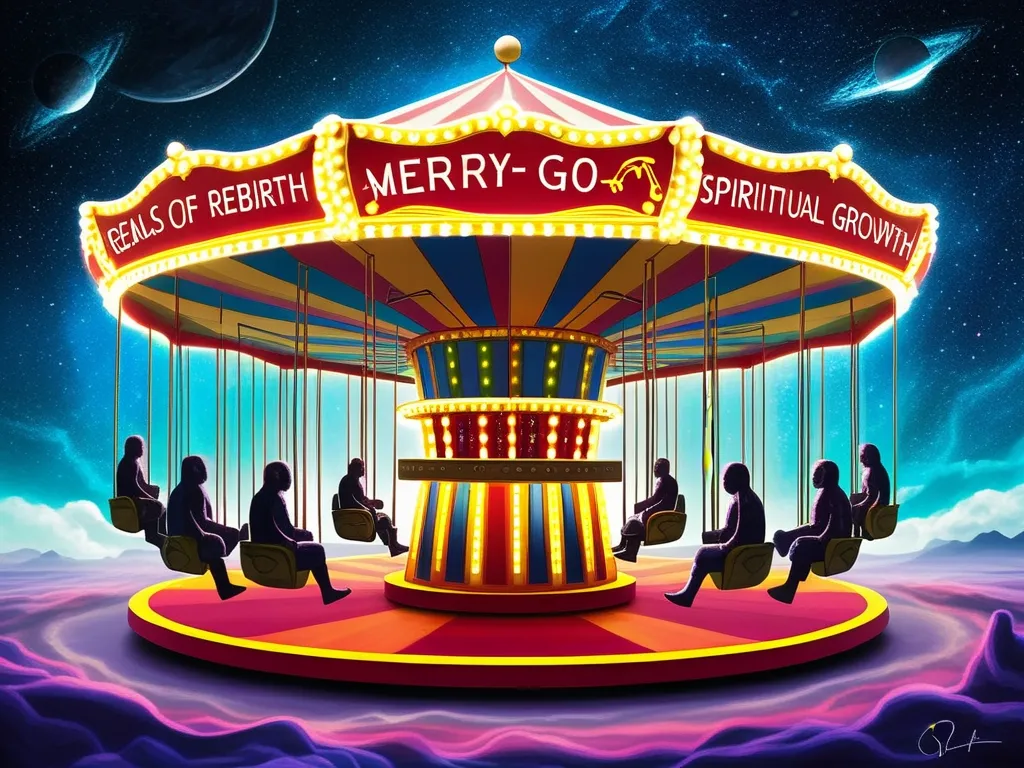In Hinduism, respecting ancestors is not just a tradition; it’s a deeply rooted practice that has been around for thousands of years. It’s closely tied to ancient texts like the Vedas and has developed over time, bringing in various rituals and customs. One of the core parts of this tradition is called Pitrimedha, the rituals for honoring ancestors, and these rituals are detailed in texts such as the Yajur Veda.
The importance of ancestors in Hinduism isn’t just about respecting your heritage; ancestors are believed to play a significant role in the well-being and prosperity of their descendants. The concept of “pitṛ,” or ancestors, is central to many Hindu rituals, emphasizing that honoring those who came before ensures their blessings and protection for those living now.
Pitrimedha rituals are a part of a broader tradition known as shrāddha, which involves offering oblations to the ancestors. Usually, the eldest son or a close relative performs these rituals after a family member’s death. The process involves creating piṇḍas—balls made of cooked rice or barley mixed with sesame seeds and water. These offerings are made over ten days, symbolically feeding the ancestors to strengthen their spirit bodies. The offerings include not just food but also water and sesame seeds, essential for sustaining ancestors in the afterlife. The rituals also involve reciting mantras and shlokas to invoke the ancestors and seek their blessings.
Hindus don’t just perform these rituals immediately after death; there are also annual festivals dedicated to ancestor worship. One of the most significant ones is Pitru Paksha, a 15-day period occurring before the autumnal Navratras. During this time, prayers are said for the repose of the ancestors’ souls, and various rituals are performed to ensure their continued well-being. Each day of Pitru Paksha is for a different generation of ancestors, extending from parents to great-grandparents and beyond. The final day, Amavasya, is dedicated to unknown ancestors. Rituals during Pitru Paksha include puja (worship), havan (fire offerings), and daan (charity). Devotees usually abstain from non-vegetarian food and other luxuries during this period.
In different regions of India, these rituals can vary, although the basic principles remain the same. For example, in South India, people honor ancestors during Sankranthi/Pongal in January by offering food and new fruits. In Bengal, the peak of Pitru Paksha is marked by reciting the Chandi mantra on Mahalaya.
Sacred rivers play a significant role in rituals for honoring ancestors. Rivers like the Ganges, Godavari, and Kaveri are pilgrimage centers where many Hindus come to immerse the bone and tooth fragments of their ancestors, which are preserved from the ashes of cremation. This act is considered highly meritorious for the deceased and is believed to influence their status in their next life.
Daily and monthly rituals are also part of the ancestor honoring tradition. These include offering water and performing tarpana (oblations) daily. Many Hindus perform monthly shrāddha, where ancestors are invoked and symbolically fed with rice balls and sesame seeds.
In addition to honoring individual ancestors, Hindus also worship family deities known as Kul-Devi or Kul-Deva. These family deities have been believed to protect the family lineage for generations and are often invoked during family functions and important life events. This practice serves to connect with a broader ancestral heritage beyond immediate family members.
Food offerings are a crucial part of Pitrimedha rituals. The belief is that while ancestors reside in another dimension, they can enjoy these offerings. This practice is not just about feeding ancestors; it’s a way to seek their blessings and ensure their continued protection. In many regions, it is customary to cook the ancestors’ favorite meals and distribute food to the poor, known as Annadan, considered one of the highest forms of donation in Hinduism.
The context of ancestor worship isn’t unique to Hinduism; it’s a common practice in many cultures worldwide. From ancient Egyptians and Greeks to modern-day Chinese and Jewish communities, reverence for ancestors is a universal theme. In Hinduism, it’s intertwined with the concept of karma, where the actions of ancestors are believed to influence their descendants’ lives.
Ancestor honoring rituals in Hinduism are complex and multifaceted, reflecting a profound respect for those who have gone before. These practices, rooted in ancient texts like the Yajur Veda, continue to play a vital role in Hindu life, ensuring the well-being and prosperity of families and communities. Whether through daily, monthly, or annual observances, the tradition of honoring ancestors remains an integral part of Hindu culture and spirituality.
